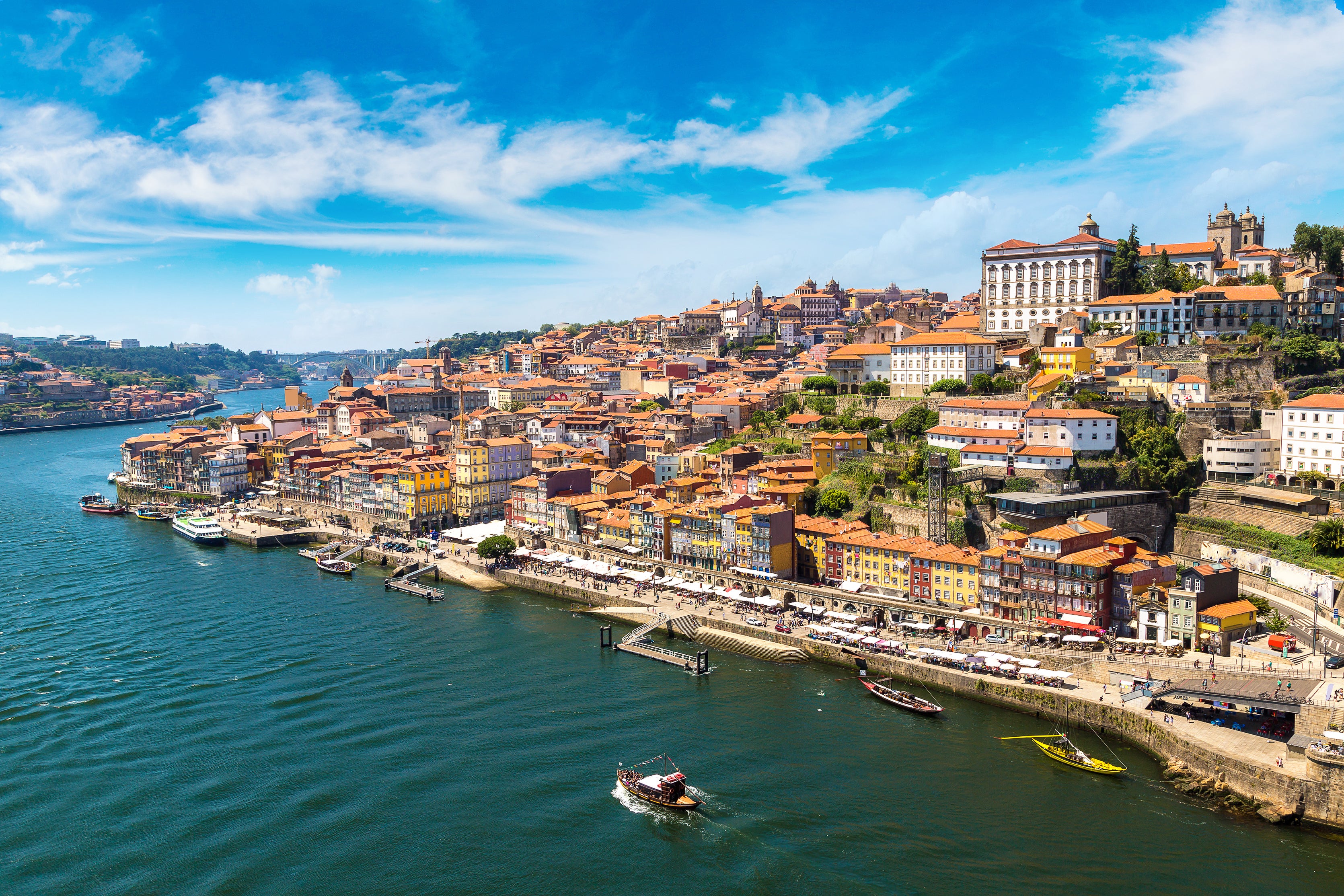Portugal still considered ‘safe’ for travel by UK foreign office despite amber downgrade
Exemption from non-essential travel advisory means holidaymakers may struggle to claim refunds

Your support helps us to tell the story
From reproductive rights to climate change to Big Tech, The Independent is on the ground when the story is developing. Whether it's investigating the financials of Elon Musk's pro-Trump PAC or producing our latest documentary, 'The A Word', which shines a light on the American women fighting for reproductive rights, we know how important it is to parse out the facts from the messaging.
At such a critical moment in US history, we need reporters on the ground. Your donation allows us to keep sending journalists to speak to both sides of the story.
The Independent is trusted by Americans across the entire political spectrum. And unlike many other quality news outlets, we choose not to lock Americans out of our reporting and analysis with paywalls. We believe quality journalism should be available to everyone, paid for by those who can afford it.
Your support makes all the difference.The UK’s Foreign Office (FCDO) has not added Portugal to its blanket advisory against “non-essential” international travel, despite it being downgraded to the amber list.
The travel industry was dealt a hammer blow last Thursday as Portugal, the only mainstream holiday country on the green list, was booted off, prompting a scramble home before the deadline.
Transport secretary Grant Shapps cited fears over “a mutation of the Delta variant”, the virus mutation wreaking havoc in India, for plunging Portugal into the amber category, joining most of Europe. The mutation is linked to Nepal.
The decision was made by the government after an “almost doubling” in the country’s coronavirus positive test rate.
Following the downgrade, the FCDO updated its advice for Portugal, simply adding that, from 4am on 8 June, the country “will move to the amber list for entering England”.
Arrivals to the UK after this deadline will be required to self-isolate for 10 days and take two Covid PCR tests on days two and eight.
FCDO advice does not always match up with the Department for Transport’s traffic light system.
The FCDO takes into account all risks for British visitors – including terrorism, weather and other safety issues – while the traffic light lists focus solely on the risk of Covid being reimported.
One existing example is Greece, which falls under the FCDO’s blanket travel ban, but the islands of Rhodes, Kos, Zakynthos, Corfu and Crete are exempted, “based on the current assessment of Covid-19 risks”.
The lack of inclusion in the travel advisory means that tour operators and airlines are likely to continue to run trips to Portugal.
This could make it a struggle for holidaymakers who now wish to cancel trips to Portugal to get a refund, according to Which? travel editor Rory Boland.
He said: “No update to the FCDO advice on Portugal. Completing a thoroughly confusing picture from government.
“This makes it almost impossible to get a refund for a Portugal trip, with some people likely to face the choice of paying more to reschedule or writing off the holiday.”
Join our commenting forum
Join thought-provoking conversations, follow other Independent readers and see their replies
Comments